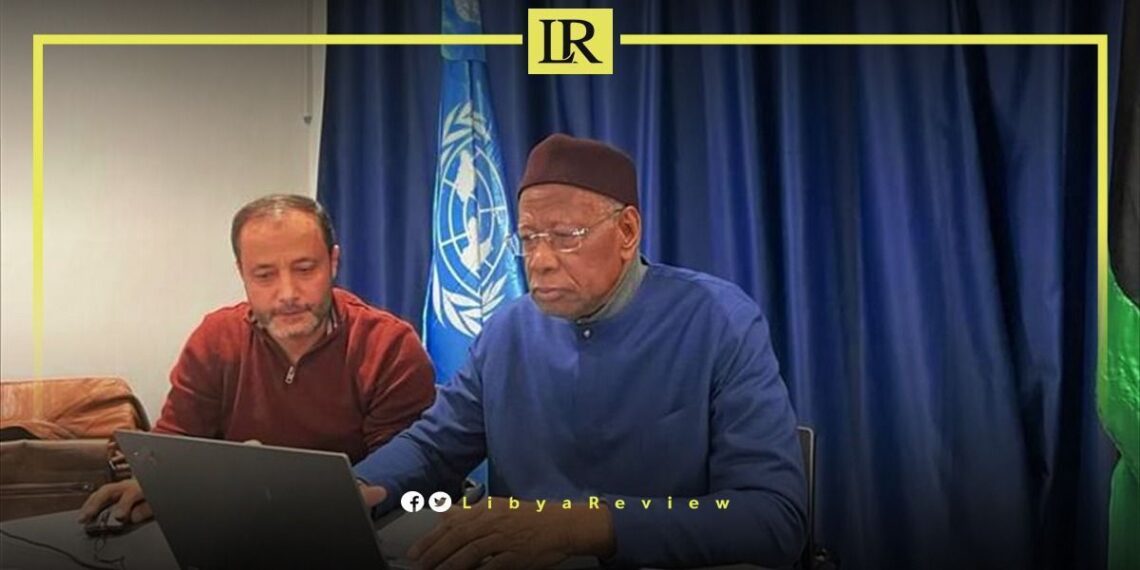Libyan Member of Parliament Ali Al-Soul has called for the replacement of UN Envoy Abdoulaye Bathily, alleging that Bathily, like his predecessors, is contributing to the management and prolongation of the crisis in Libya, as opposed to resolving it.
In a press statement, Al-Soul accused Bathily of extending the crisis to serve international interests by supporting what he termed an “illegitimate government.”
Al-Soul concluded by stating, “The international community must replace Bathily and appoint a new envoy committed to resolving the crisis from the outset.”
Last month, Al-Soul expressed skepticism towards Bathily’s initiative, stating that it was not accepted by Libyan factions and further intensified the current political stalemate.
Al-Soul claimed that international power struggles over Libya have impeded the political process and stated that Bathily was sent to obstruct the elections following international dissatisfaction with the agreement between the Libyan Parliament and the High Council of State (HCS).
The MP argued that calls for a comprehensive conference, similar to the Geneva meeting, would likely result in the same government, marked by corruption.
He reiterated the Parliament’s rejection of the participation of Prime Minister Abdel-Hamid Dbaiba, stating that conditions remain on the table.
He affirmed that if Dbaiba were to participate, the Libyan Parliament-designated government must also be involved.
Saad Bin Sharada, a member of Libya’s HCS, openly criticized Bathily, accusing him of obstructing Libya’s electoral process. In a televised interview, Sharada alleged that Bathily’s initiatives are extending the ongoing crisis and causing further confusion in the Libyan political landscape.
Sharada expressed concerns over Bathily’s new dialogue proposal, claiming it serves to complicate the situation and prolong the transitional phase. He accused Bathily of acting in the interests of major global powers, especially the United States, which he believes is not keen on a swift resolution to the Libyan crisis.
Highlighting a specific instance, Sharada pointed out that agreements reached between Libya’s legitimate bodies, including the Parliament and the HCS, were dismissed under Bathily’s influence. He argued that Bathily and other international stakeholders are not in favor of conducting elections in Libya but prefer maintaining the current unstable situation.
Bin Sharada’s statements reflect the complexities and frustrations within Libya regarding the role of international actors. His accusations against the UN and the broader international community highlight the difficulties in navigating the path to peace and stability in a nation that has long been mired in conflict and political turmoil.


